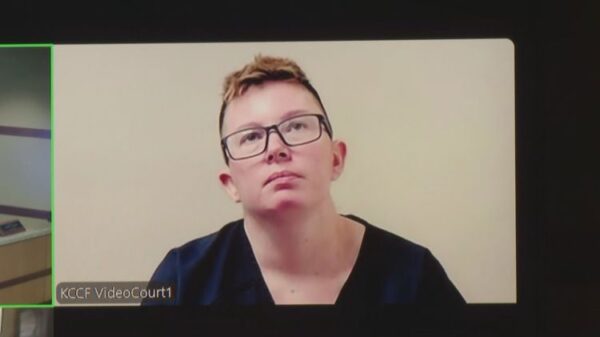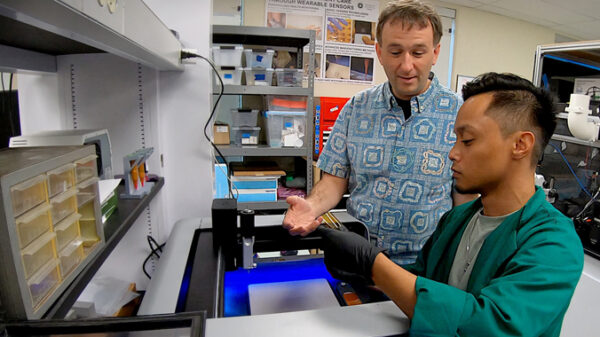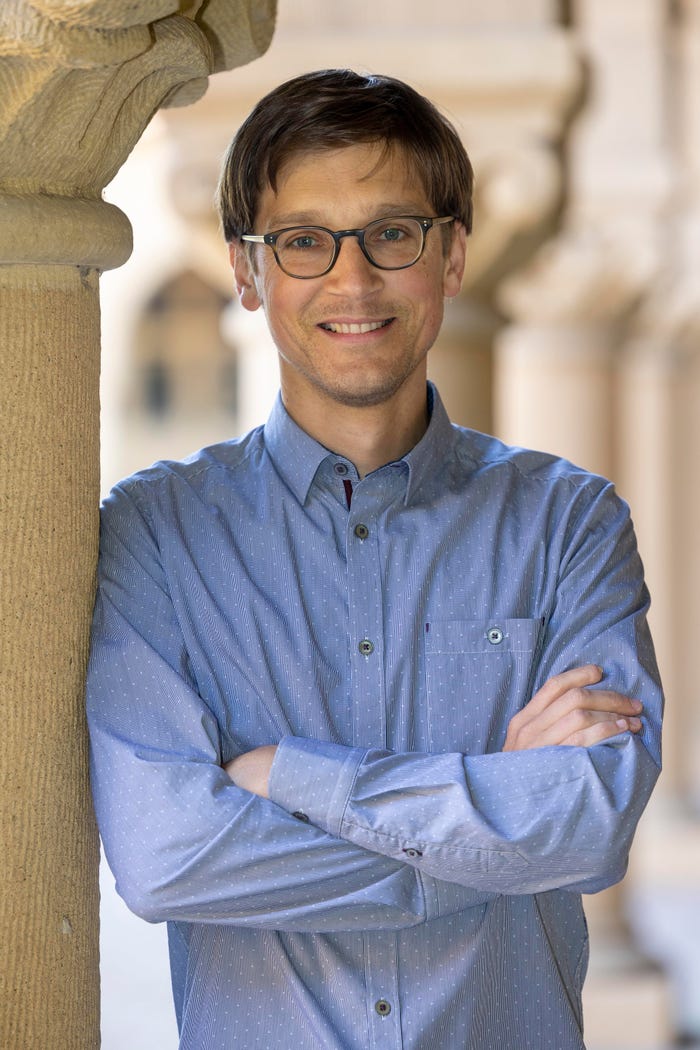URGENT UPDATE: In the rapidly evolving world of artificial intelligence (AI), securing a job in this competitive field demands more than just credentials. Jure Leskovec, a computer science professor at Stanford University and cofounder of the AI startup Kumo, has shared essential strategies for aspiring AI professionals to stand out in today’s job market.
Leskovec emphasizes the importance of practical experience. He urges job seekers to launch real projects using public datasets and demonstrate their skills through platforms like GitHub. “Participate in hackathons,” he advises. “They’re a fantastic way to demonstrate initiative and teamwork in a short time.” This hands-on experience showcases ambition and problem-solving abilities, which are crucial attributes for potential hires.
Why This Matters NOW: As AI continues to revolutionize industries, the demand for skilled professionals is surging. Companies are looking for candidates who can adapt and innovate rapidly. Leskovec highlights a recent hire who distinguished himself by creating a generative AI tool for analyzing customer purchase data, illustrating the value of creativity and initiative.
Adaptability is another critical quality Leskovec identifies. “The best job candidates are constantly experimenting with new tools,” he states, emphasizing that knowledge of evolving frameworks like PyTorch and JAX is essential. Job seekers must stay current on emerging topics in AI, such as GenAI and multimodal models, to remain competitive.
Leskovec warns that traditional educational credentials may open doors, but they won’t guarantee employment. “We look for people who build things,” he says. Candidates who can demonstrate their engagement with new ideas during interviews stand a better chance of being hired.
At Kumo, the interview process evaluates an applicant’s thought process as much as their final answers. “Thinking outside the box is critical,” Leskovec asserts. He encourages applicants to challenge assumptions and brainstorm multiple solutions, even those that may seem impractical. This mindset fosters innovation and prepares candidates for the unique challenges of the AI landscape.
Ultimately, Leskovec stresses the importance of human qualities in technology roles. “I look for people who can communicate clearly and think about the ethical implications of what they’re building,” he explains. Collaboration, empathy, and awareness of bias are as essential as technical skills in creating responsible AI solutions.
As AI technology continues to advance, aspiring professionals must remain proactive and engaged. Leskovec’s insights serve as a valuable guide for anyone looking to break into this dynamic field.
Stay tuned for more updates on the evolving job market in AI and what it means for future professionals.





































































